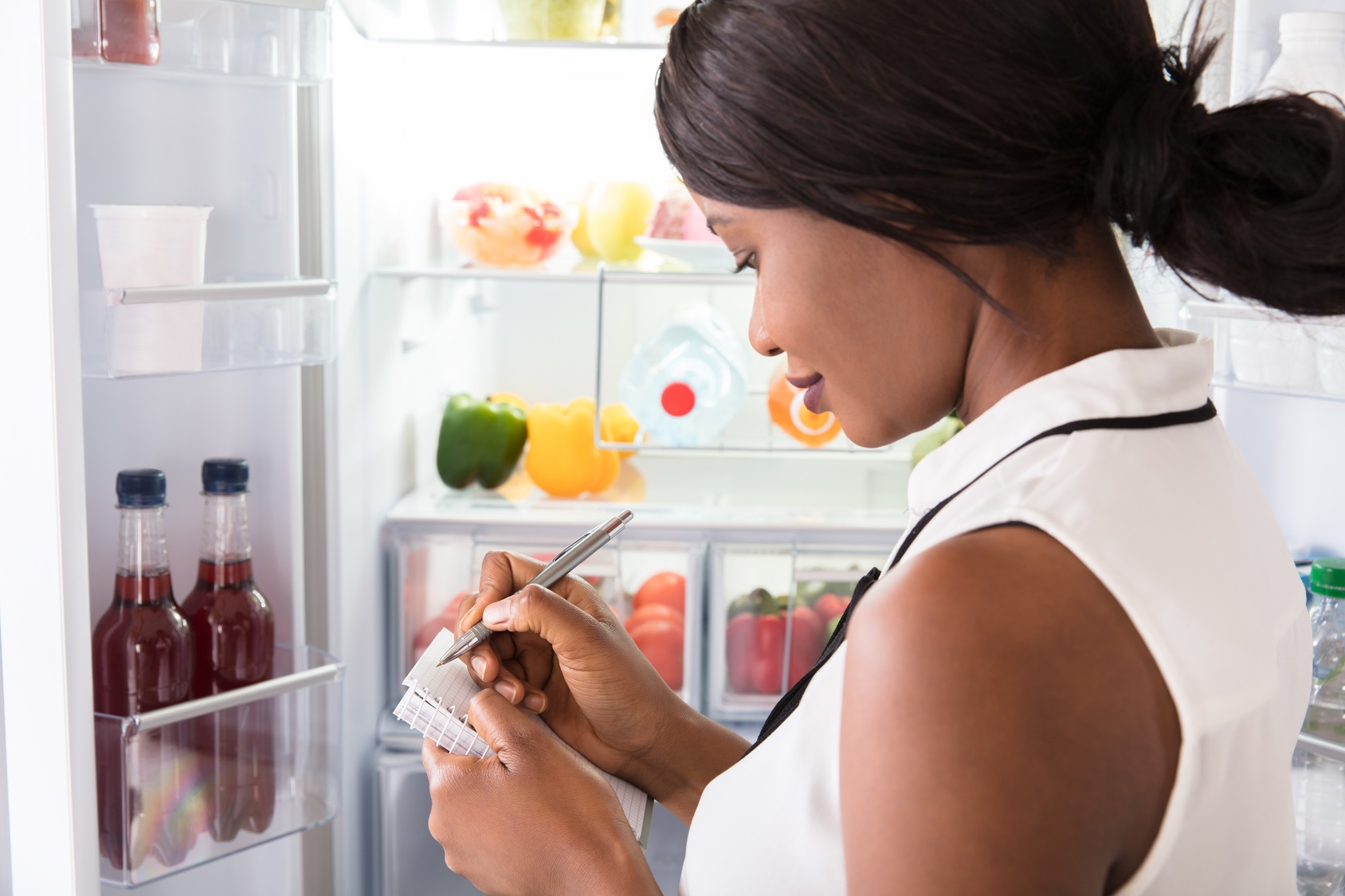By Tanya Gandhi
In Nigeria, people are still living the lifestyle they did when COVID-19 was at its peak and this means the entertainment sector may not be seeing a recovery soon
Nigeria saw a 2-point drop in Consumer Confidence Index (CCI) as if fell from 17 to 15 in September. This was led by both the 4-point fall in the index of consumer expectations which fell from 35 to 31 and the 3-point fall in the index of current conditions which fell from -29 to -26. While decreases in our indexes seen weren’t drastic, the overall sentiment in Nigeria in September was low.

Fuel and electricity price hikes send Nigerians to the streets as putting food on the table becomes harder every day.
The Nigerian economy was hit two-fold. First, the complete standstill of economic activity as a result of the pandemic which led to consumption in certain sectors drop to zero. Additionally, since the economy is largely dependent on the export of oil as its source of revenue when oil prices crashed, so did Nigeria’s economy.
As a result, the economy contracted by 6.1% in the second quarter. To offset the revenue shortfall, the government raised prices of both electricity and fuel. Petrol prices began increasing in June when it went from $0.32 per litre to $0.38 per litre; however, after incremental increases over the months, the price now sits at $0.43 per litre as of September.
Starting the first of September, anyone using more than 12 hours of electricity will have to pay more as well. These price increases have meant that a larger chunk of Nigerian’s fixed incomes is going into paying for these additional costs. This explains why in KASI’s CCI sub-index, we saw a significant decline in sentiment regarding general conditions in the country and respondents’ cities. The former fell 10 points from 44 to 34 and the latter fell 11 points from 37 to 26.
These price changes are hitting the consumer’s pocket in a big way. We also observed a 4-point fall in sentiment regarding increases in household income and a 1-point drop in sentiment regarding the ability to meet regular expenditures over the next six months.
According to our COVID Pulse tracker, a majority of our respondents are indicating that they might or might not be able to meet daily expenditures. Of those who are unsure, the majority are salaried employees who are on a fixed income whose purchasing power has significantly dropped as a result of increased bills due to the price hikes.
People have taken to the streets to protest their rights as they feel that while the world receives aid, Nigerians are being punished even more. This unhappiness and unrest were reflected in our COVID Pulse data where fewer people are now expecting Nigeria to improve in the next few months (38.52%) whereas the majority expects the situation to stay as bad as it is now or even worsens (61.48%).
Inflation further rose to 13.7% in Nigeria in September which is now the highest reading since February 2018. The composite food index rose by 16.66% compared to 16% in August. This increase was mainly due to increases in prices on basic food items such as bread, cereals potatoes, etc. as well as, meat fish, and oil. In addition to this, the increase in prices of passenger air transport, medical services, pharmaceutical services further drove up prices. Since many Nigerians earn a fixed level of income, purchasing power is rapidly decreasing in Nigeria making citizens worry constantly about being able to put food on the table.
In Nigeria, people are still living the lifestyle they did when COVID-19 was at its peak and this means the entertainment sector may not be seeing a recovery soon
As of the 20th of September, Nigeria recorded a total of 57 242 cases, and looking at trends, Nigerians are still living the way they did at the peak months of the pandemic. There haven’t been any significant changes in lifestyle as people still avoid using public transport, going to public places, and attending any social gatherings.
In fact, some people are still living under self-isolation and making their entire families stay indoors. The entertainment industry which involves restaurants, hotels, and tourism companies continues to be one of the sectors gravely impacted by the pandemic. Recovery doesn’t seem to be around the corner as the majority continues to avoid any unnecessary outings or travel.
By Tanya Gandhi, Economic Intelligence Group at KASI.


